Meet second term Wild Keeper, Alicia! Alicia is based in Denver and got into the outdoors through her work in environmental education and animal care conservation. For the last 6 years she has been working at zoos, aquariums, nature centers, and museums.
She shared that she "has always loved and appreciated nature and wildlife but that passion to learn more about it and protect it only grew stronger once I started in my field of environmental education. I have trekked, waist deep, through cypress swamps in Florida, I have walked countless miles along the rivers and shoreline in South Carolina, and I have hiked through immense forests among glacial erratics (think massive boulders) in the Adirondacks of New York.
While experiencing these beautiful places, I was concurrently learning about what was happening within the habitats: we passed a gator hole with the remnants of a bird, reinforcing what we learned about the importance of the rainy season for alligators; we used a seining net to explore what animals were in the shallow waters, discussing what they needed to survive and what obstacles they were facing; we identified the dozens of trees on our NY campus and reflected on the need for diversity in the face of harmful invasive species, in addition to how different animals utilized the land. I get to take all of these moments and share them with the general public when teaching them about habitat conservation, natural ecological processes, and animals.
We asked Alicia what she thinks is the most important in regards to our impact on natural spaces to which she replied, "I think that connecting with others about how our planet works and teaching about how incredible the plants and animals on it are is vastly important in the fight for a better future. Learning is fun on your own, but sharing in the awe and discovery makes a lifelong impact that can help change how people interact with the Earth.
While working as an educator at the South Carolina Aquarium, I focused heavily on the issue of plastic pollution, as we saw the negative impacts firsthand in our sea turtle hospital. I also loved breaking down how the climate impacts the planet and why it matters. People become more mindful when they are met with real life incidents of animals experiencing harmful human impact. Once that empathetic connection is made, in conjunction with receiving newfound environmental knowledge, people leave the experience READY to make a difference. I have loved being apart of that change."

Along with these experiences working closely with nature and wildlife, Alicia reflected on the struggle to find accessible, affordable, and quality gear for outdoor recreation. When she could, she was getting secondhand gear and clothing from friends and searching for good deals before purchasing. She reflected, "As important as environmental education is, it’s not a career field that will make anyone rich. We do what we do because we love it and we want to encourage everyone to get outside and appreciate our wild spaces. It’s hard to come to terms with just how inaccessible quality pieces can be, thanks to the price tag."
She came across some great resources to navigate secondhand shopping- "We had a box of hand me down clothes in our intern houses that we would take from and add to, in addition to many-a trip to the Goodwill in search of North Face, Patagonia, and Columbia brand pieces. I still have the same leather boots from Rocky 6.5 years later! They were a gift that someone invested in for me and I have done my best to take care of them to help them last.
Columbia also has a pro-deal membership for those who work in my field, making clothing and gear a bit more affordable. I’m in a better financial position now, but I still try to purchase secondhand when I can. There are great businesses local to Denver that make this possible, such as Feral and The Wilderness Exchange, but more broadly there are places like REI that are doing a great job buying back gently used gear and selling it ‘garage sale’ style. By buying and using things that still work but are no longer needed by the original owner, we are keeping things out of the landfill and getting the lifetime of use out of these products! The added bonus of the items being more affordable for all, thus expanding access to more communities of people, is the cherry on top! These things are usually made to last, so it’s only respectful that we bring them with us on as many adventures as we can."
Learn more about Alicia, and her love for the outdoors and being a Wild Keeper below!

Keep Nature Wild: What is your preferred way to get outside?
If you want to follow along with Alicia's adventures and wild keeping, click here!
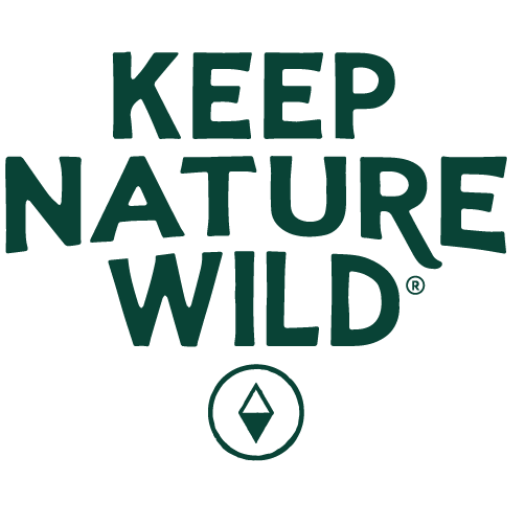
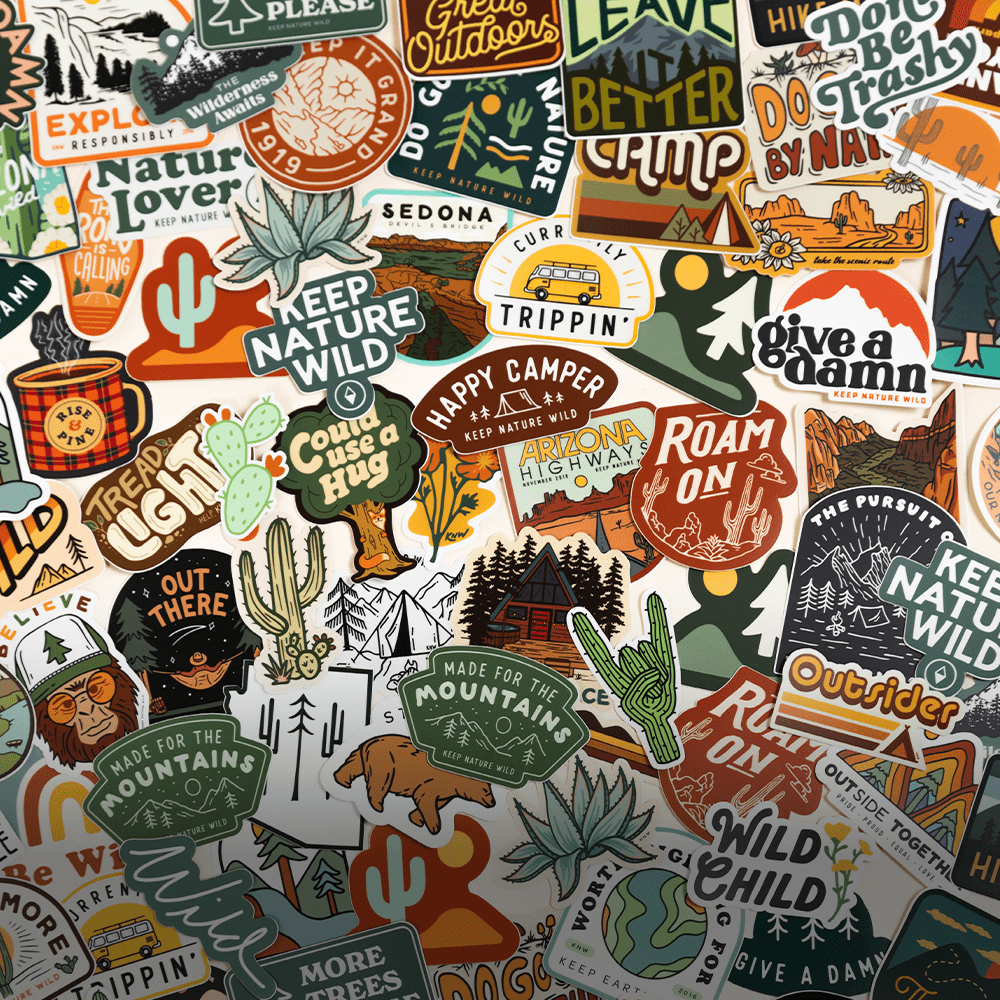
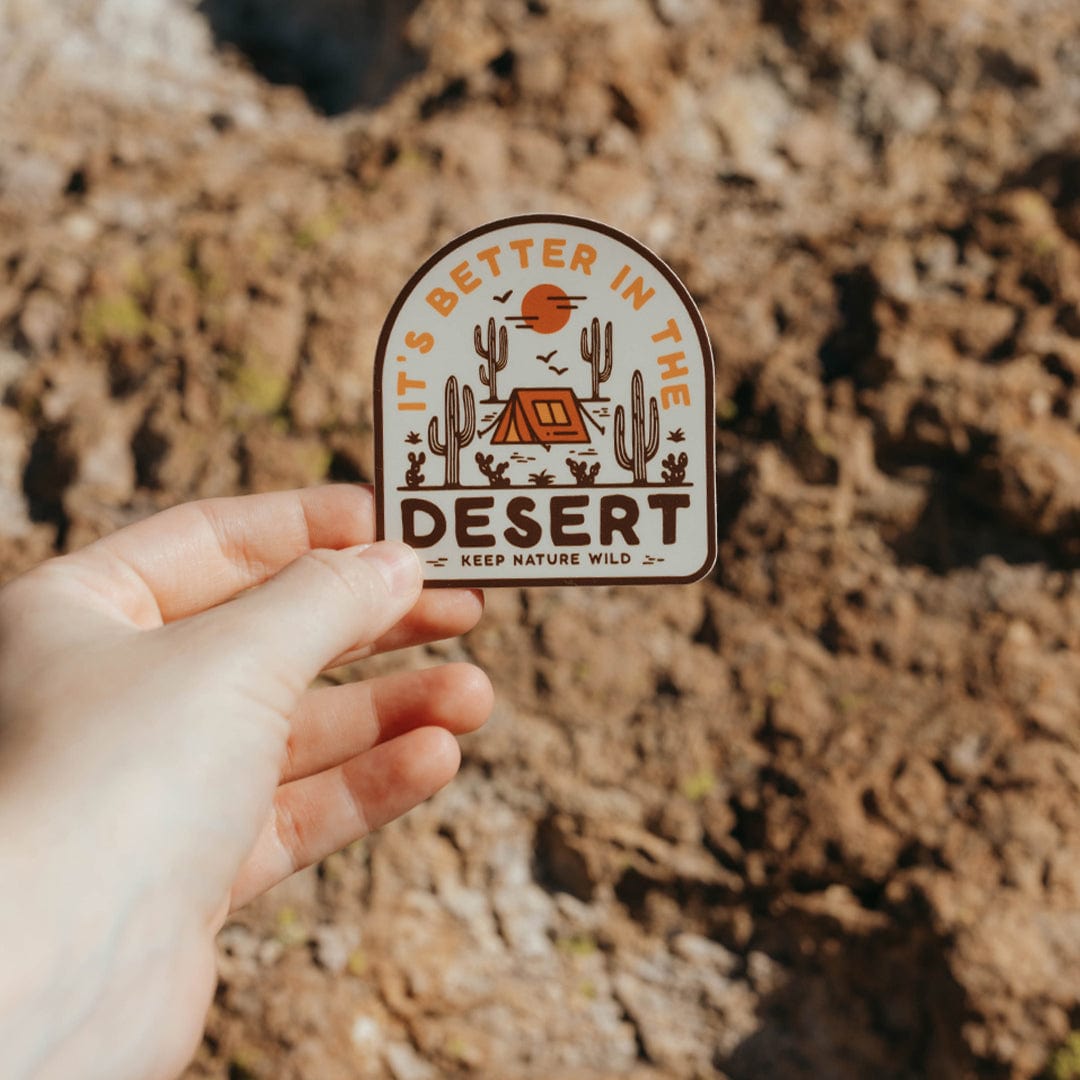
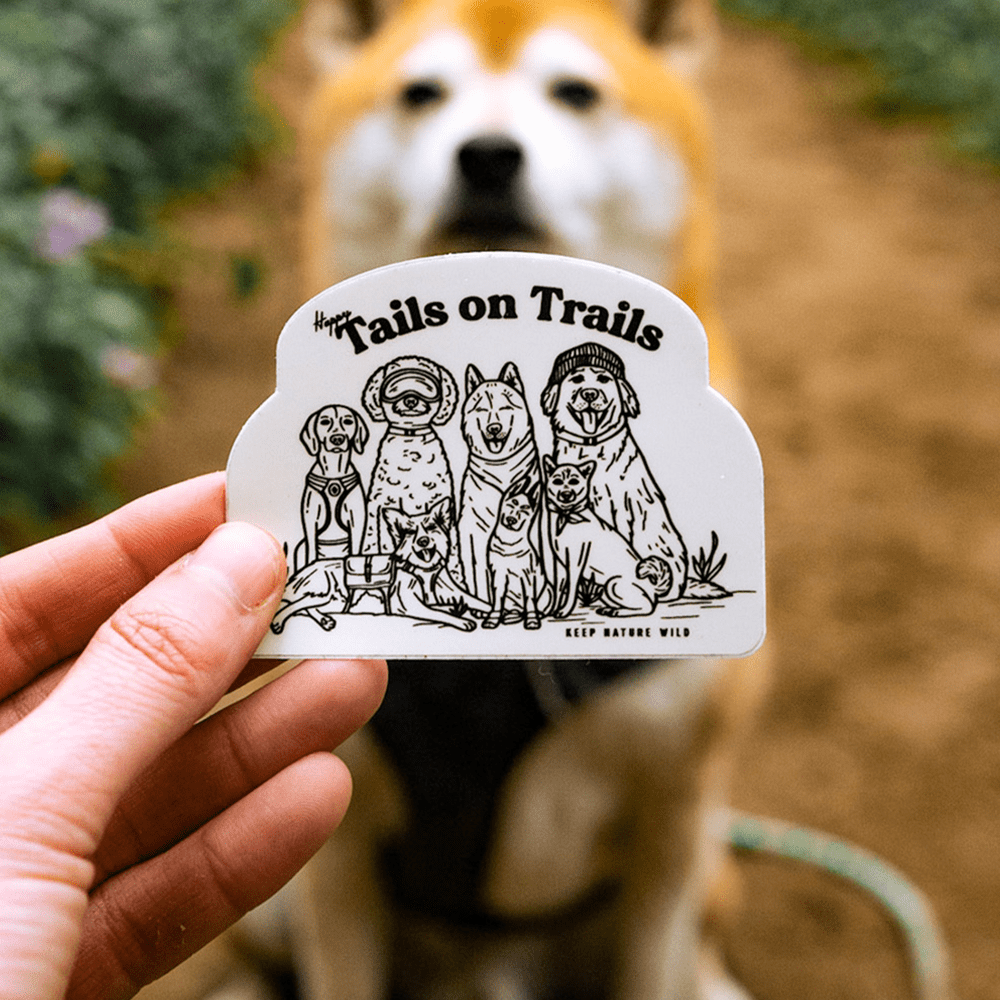
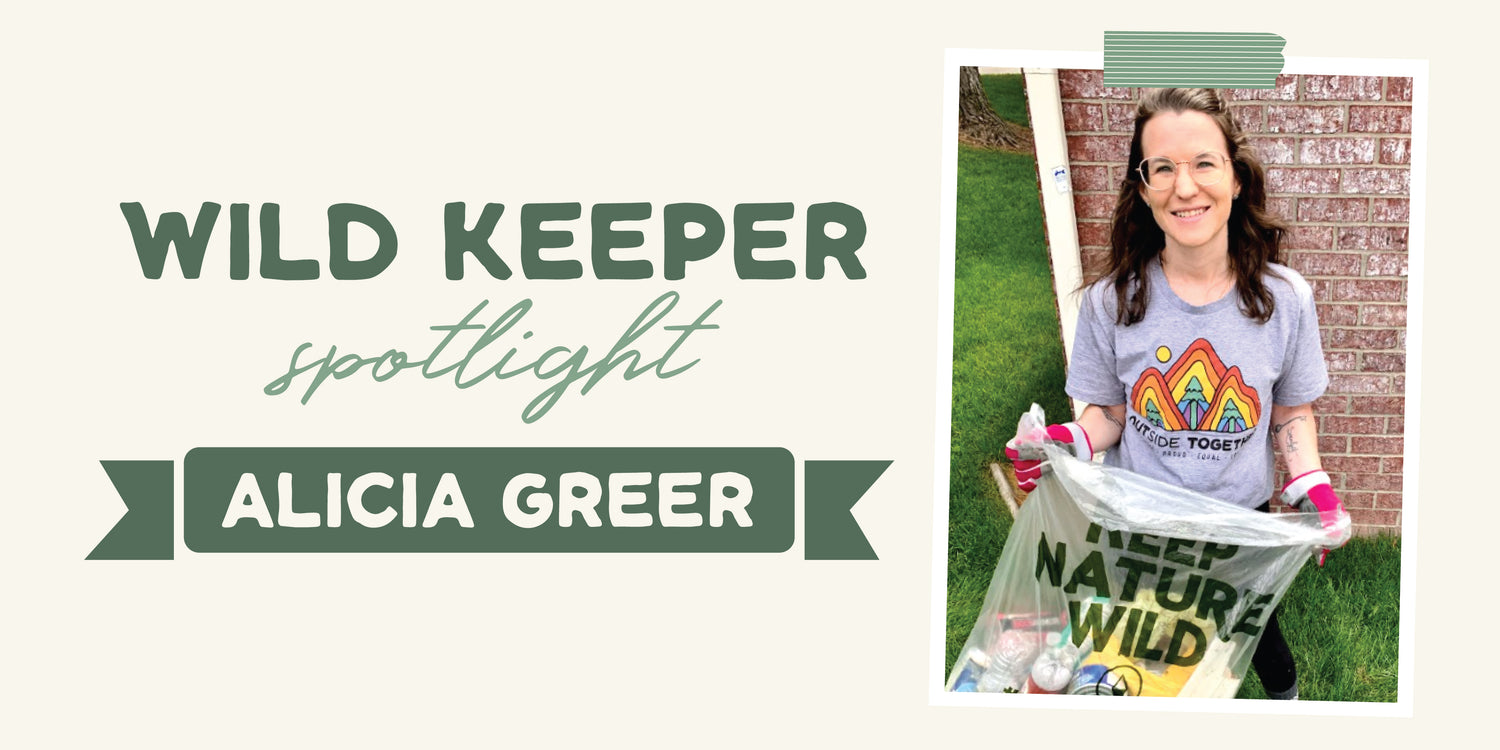
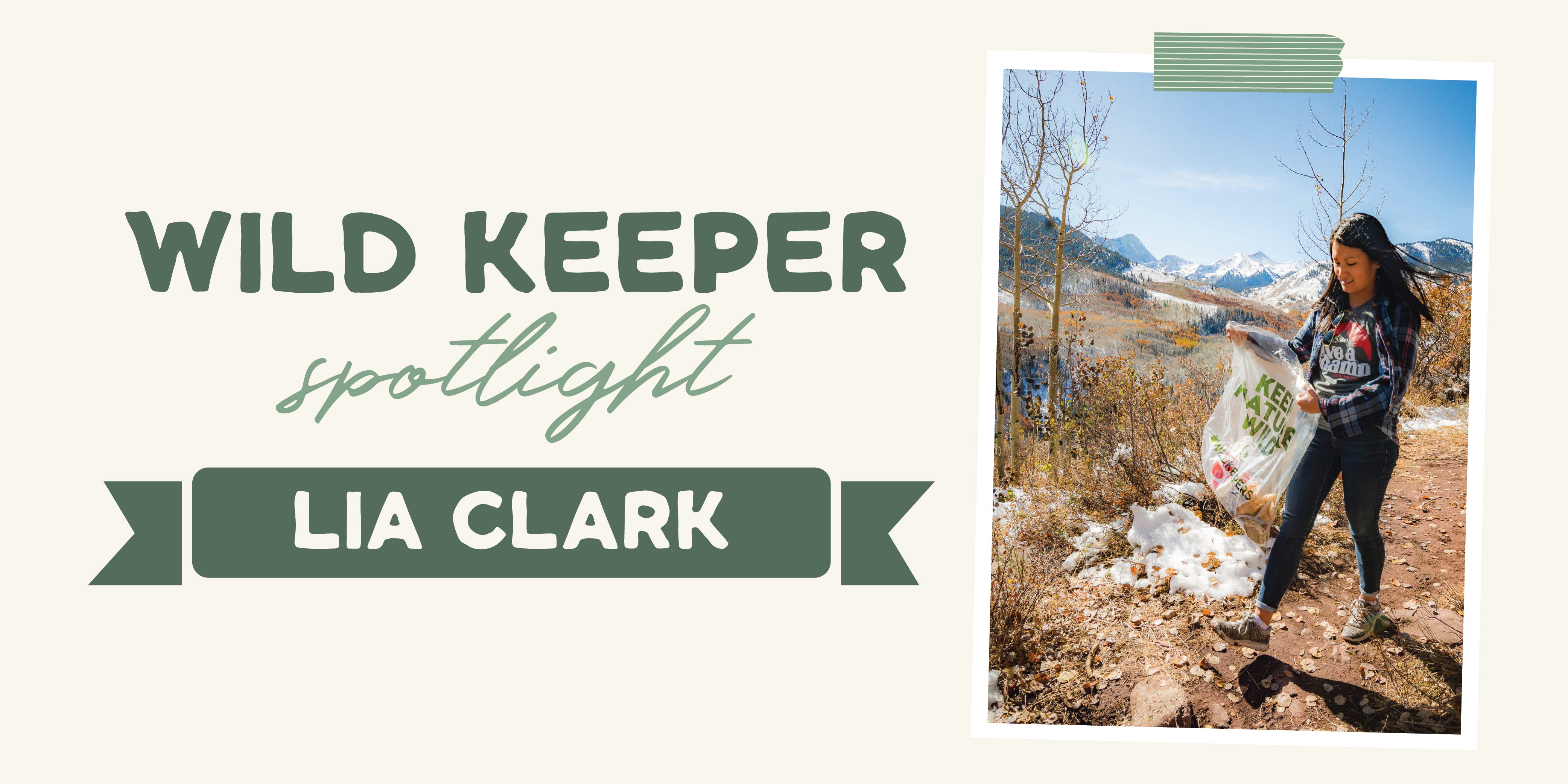
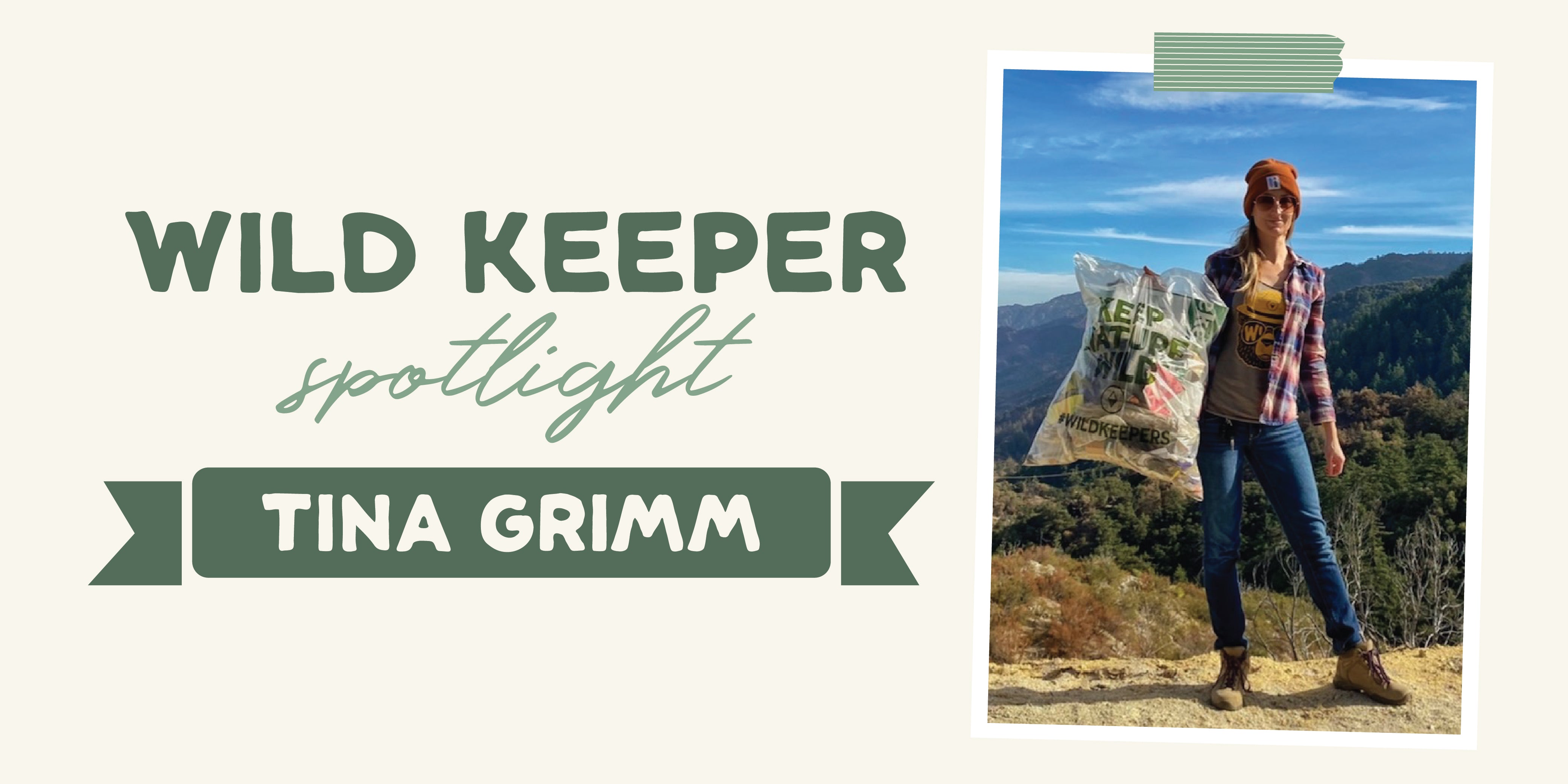
Leave a comment
All comments are moderated before being published.
This site is protected by hCaptcha and the hCaptcha Privacy Policy and Terms of Service apply.